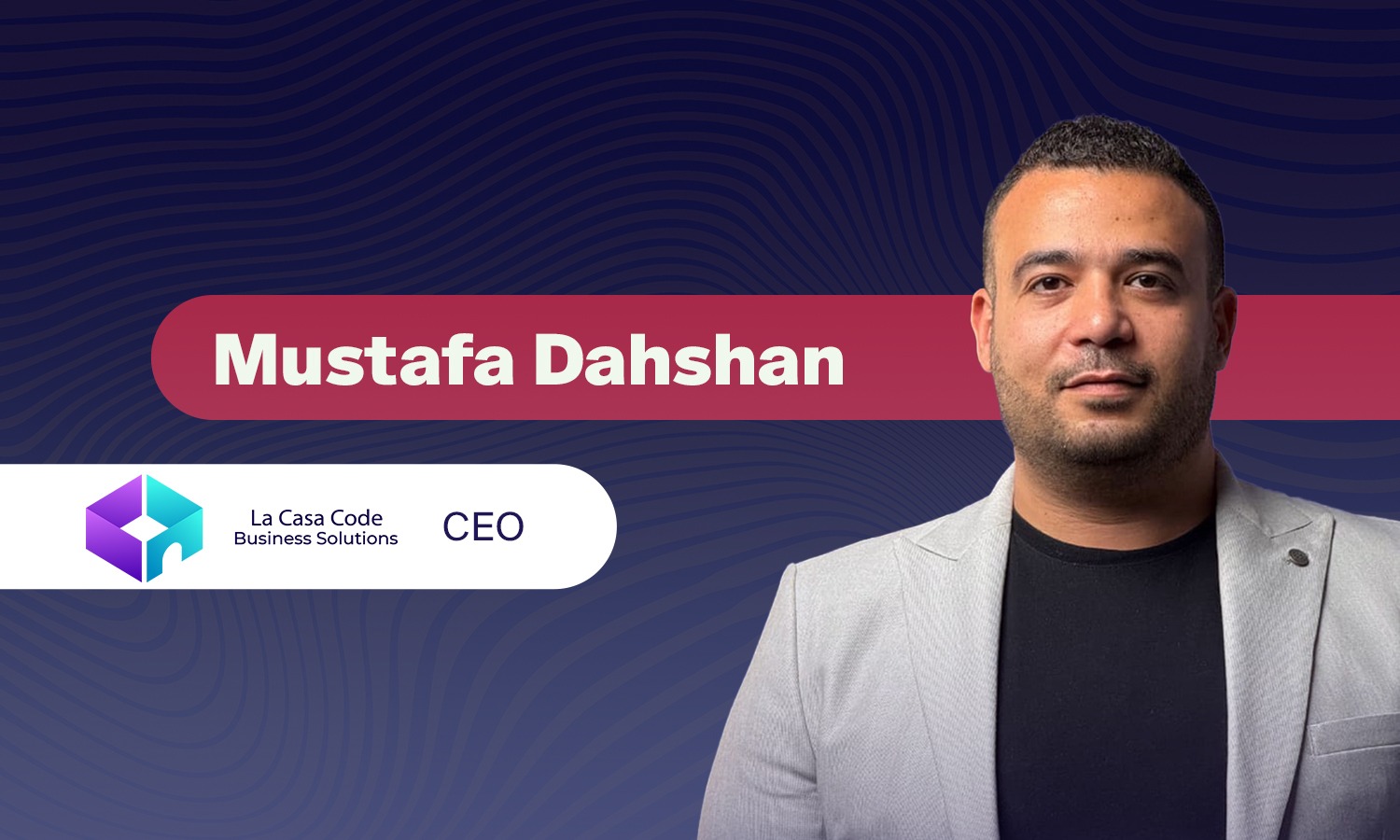An Eye on Education Allocations in FY 2023/24 Budget
Updated 5/20/2023 9:00:00 AM
The Egyptian cabinet is committed, according to constitutional entitlements, to allocating at least 10% of the country’s gross domestic product (GDP) as public spending on health, pre-university education, higher education, and scientific research.
In this Factsheet, Arab Finance will analyze the government’s proposed plan for education activities in the new fiscal year’s (FY) budget.
- In FY 2022/23, the overall number of teachers in Egypt reached approximately 958,753, while the total number of students in pre-university education stood at around 5 million. Moreover, Egypt has 60,254 schools nationwide including public and private schools, with a total of 551,815 classes.
- The education services sector generated a GDP of EGP 167 billion in FY 2021/22, with 15% year-on-year (YoY) growth. The education sector made a relatively minor contribution to the country’s GDP in FY 2021/22, accounting for only 2% of GDP.
- The government expenditures on the education sector represent 7.7% of total expenditures in the public budget plan for FY 2023/24. The estimated expenditures of EGP 229.9 billion represent 19% YoY growth compared to EGP 192 billion in the current FY. On the other hand, education services are expected to generate revenues of around EGP 291 million.
- The allocations for the education sector mainly cover wages, purchasing goods and services, debt service, subsidies, and grants, and buying non-financial assets (investment).
- According to the recent data published by the Central Agency for Public Mobilization and Statistics (CAPMS), the average daily wage rate in education activities recorded EGP 111.9 at the end of 2022. Within its plan to raise the standards of living for teachers, the Ministry of Finance (MoF) allocated EGP 162.14 billion from the education budget to wages and compensations, which represents the largest portion of the finance directed to the sector (71%).
- In the first quarter (Q1) of FY 2022/23, the contribution of education to public investments increased to 7.3%, compared to 3.7% during the same period a year earlier.
- The Ministry of Planning and Economic Development (MPED) announced that the investment plan for FY 2023/24 allocates EGP 436 billion for investments in the health, education, and social services sectors, which represents 26.4% of total planned investments. The private sector is expected to make up 15% of these investments.
- The planned investments for the education sector target reducing the classes' density by building, replacing, and renovating 14,000 classes, in addition to enhancing the efficiency of schools’ technological infrastructure by providing 700,000 tablets and smart screens. The investments will also be directed to promoting the output of pre-university education through 39 new schools with a capacity of 823 classes.
By: Amina Hussein
Related News

Egypt allocates EGP 45B for exports under FY2025/26 budget
Updated 7/31/2025 2:54:00 PM

SCZone’s revenues hit EGP 11.425B in FY2024/25
Updated 7/30/2025 10:46:00 AM

Egypt signs MoU with AD Ports to expand cooperation in petroleum sector
Updated 7/30/2025 9:30:00 AM

Egypt ready to offer ‘Out-of-the-Box’ incentives to localize EV industry: Madbouly
Updated 7/30/2025 8:44:00 AM

El-Sisi approves EGP 85B in additional appropriation for FY2024/25 budget
Updated 7/30/2025 7:54:00 AM


